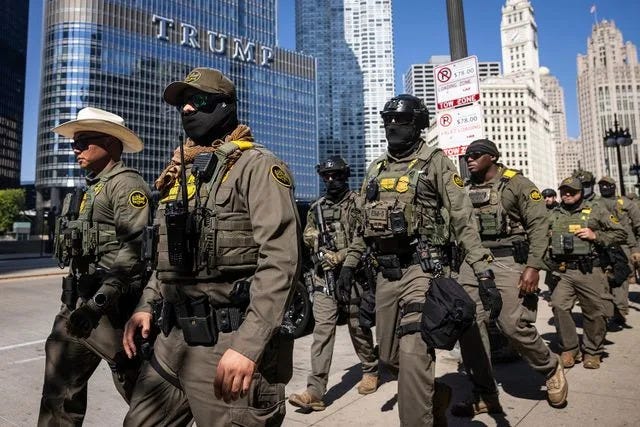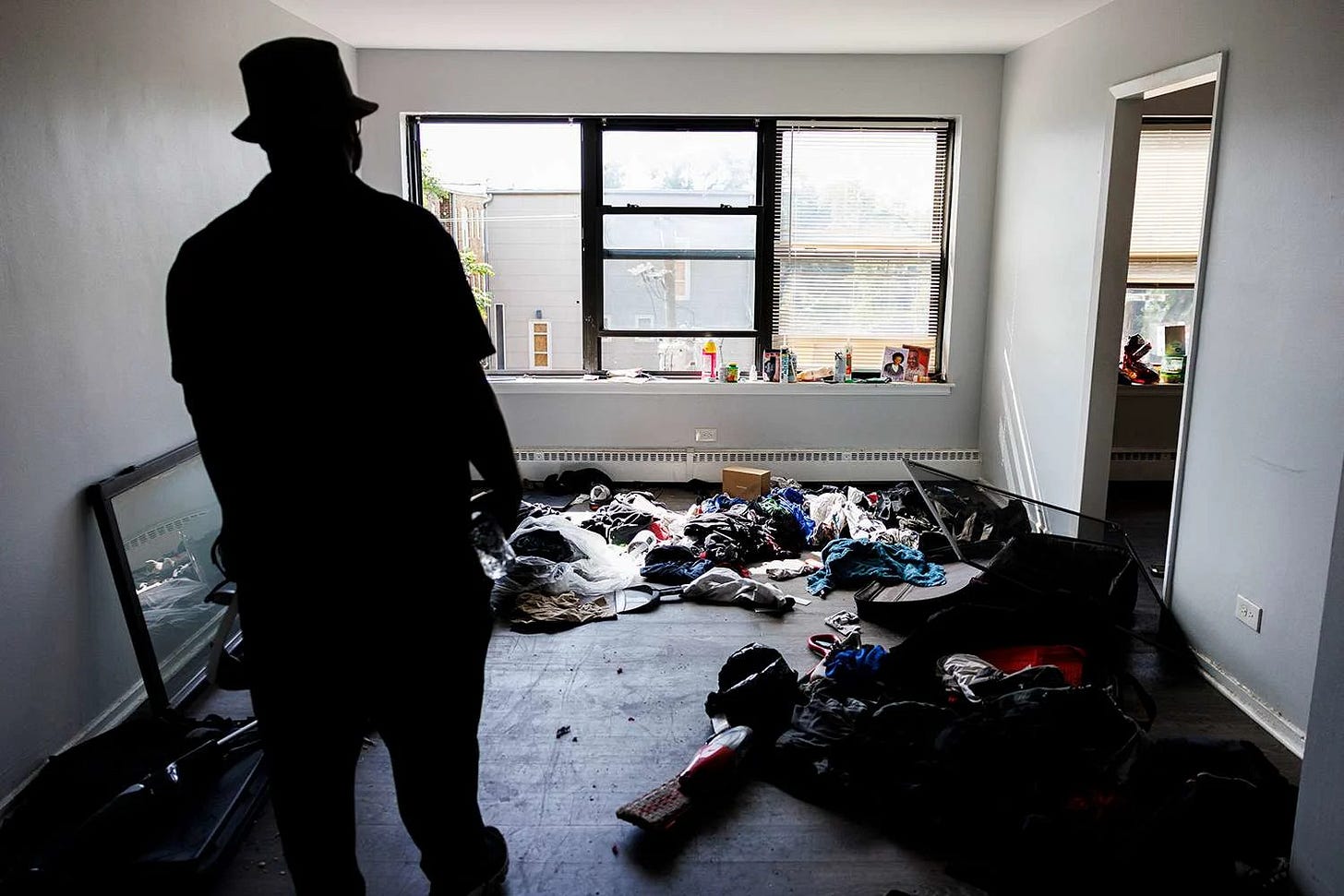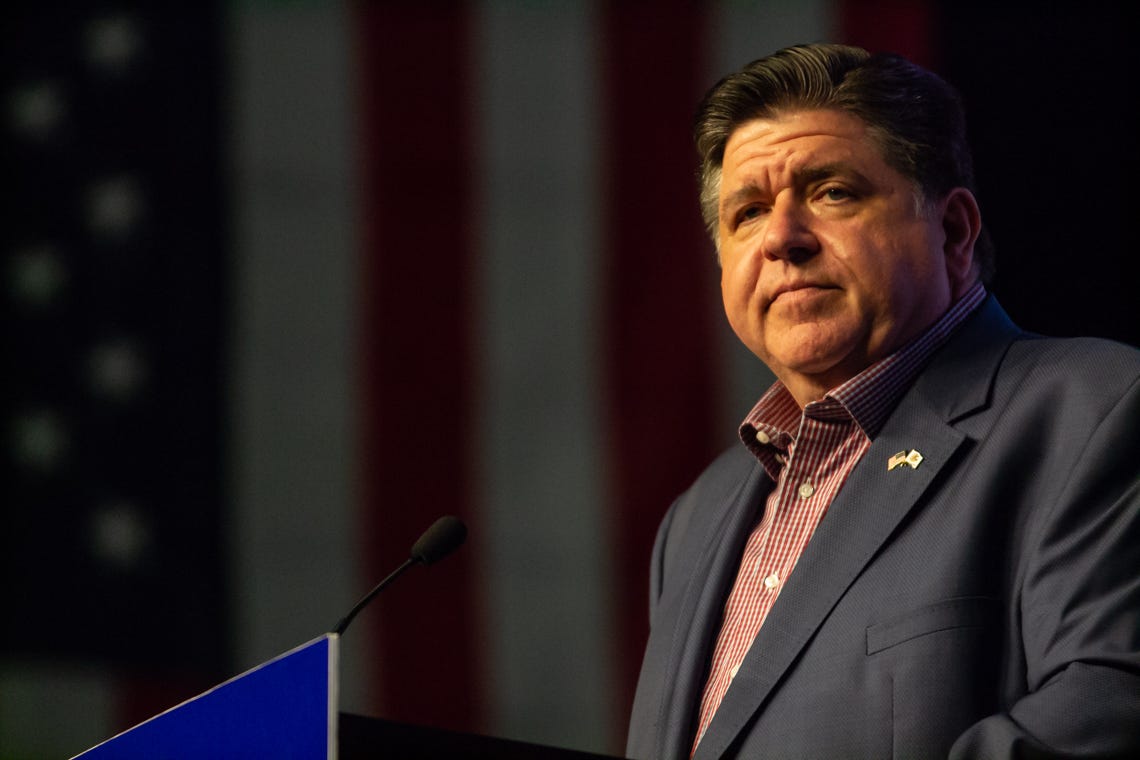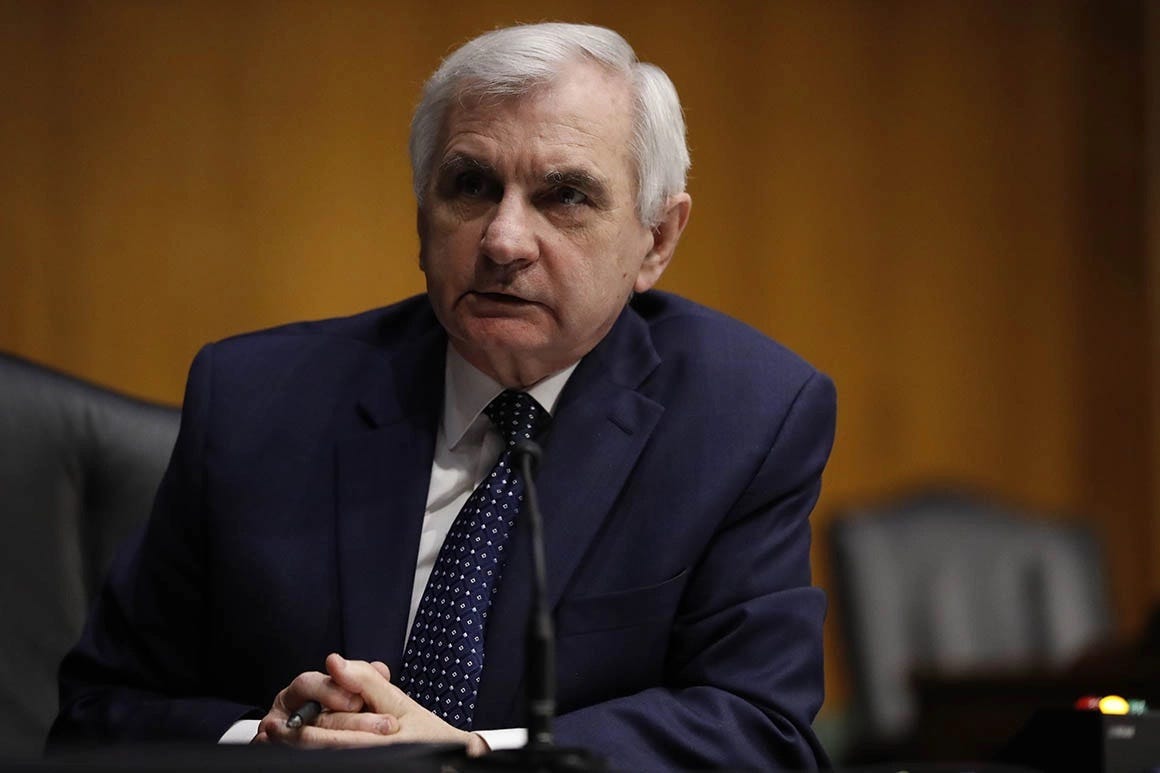The President's New War Powers, and Where They Lead
The military helicopters descended on Chicago’s South Shore neighborhood just after 1 a.m. on September 30. Armed federal agents rappelled onto the roof of a five-story apartment building. Flash-bang grenades exploded. Battering rams splintered doors. By dawn, 37 people were in custody, four US citizen children had been separated from their parents, and neighbors described a scene that looked nothing like law enforcement.
“It felt like we were under siege,” said Darrell Ballard, a bystander who filmed the operation on his cellphone.
Eboni Watson watched agents drag residents — adults and children — into U-Haul vans. “It was heartbreaking to watch,” she said. “Even if you’re not a mother, seeing kids coming out buck naked and taken from their mothers, it was horrible.”
The Department of Homeland Security called it a targeted strike against Tren de Aragua, a Venezuelan gang the administration has designated as a state-backed terrorist organization at war with the United States. That’s the same gang whose suspected members were killed by USmilitary strikes against at least four boats in the Caribbean, killing all 21 people without warning or trial.
Illinois Governor J.B. Pritzker called the raid “shameful,” noting that the state was investigating reports of children “zip-tied… in the middle of the night… They want to create the war zone, so that they can send in even more troops.”
But the Chicago raid wasn’t isolated. It was the face of a sweeping legal transformation that redefines drug trafficking, grants the president wartime powers to kill suspected smugglers without trial, and deploys military force in American cities without congressional oversight or local consent.
The Legal Framework
The same week the raid took place, the Trump administration quietly informed Congress that the United States was now in a formal “armed conflict” with drug cartels. The declaration retroactively justified the Caribbean strikes. It asserted that suspected drug smugglers are “unlawful combatants” and can be killed on sight, detained indefinitely without trials, and prosecuted in military courts.
The notice to Congress uses precise language from international law, describing drug cartels as “nonstate armed groups” whose actions “constitute an armed attack against the United States.”
Describing a September 15 attack, the notice states that the strike “resulted in the destruction of the vessel, the illicit narcotics, and the death of approximately 3 [sic] unlawful combatants.”
Geoffrey S. Corn, a retired judge advocate general lawyer who served as the Army’s senior adviser on interpreting the laws of war, called the declaration an “abuse” that crossed a fundamental legal line. “This is not stretching the envelope,” he told The New York Times. “This is shredding it. This is tearing it apart.”
The problem, Corn and other experts say, is that selling a dangerous substance — however deadly — is categorically different from launching an armed attack.
Bringing Wartime Powers Home
At Marine Corps Base Quantico on September 30, President Donald Trump made explicit what the legal framework involved: the war on cartels wouldn’t stop at international waters. He told the assembled generals and admirals that “we are under invasion from within, no different than a foreign enemy, but more difficult in many ways, because they don’t wear uniforms.”
The same wartime ideology is being deployed in Chicago. “Operation Midway Blitz,” launched in early September, has resulted in more than 800 arrests and involved 300 agents.
Illinois Governor Pritzker decried “elderly people being thrown into a U-Haul for three hours and detained, US citizens.” He told CNN, “They [the administration] want mayhem on the ground.”
Portland: A Judge Pushes Back
The legal boundaries became starkest in Portland, where Trump claimed the city was “war ravaged” and “burning to the ground” with “insurrectionists all over the place.”
US District Judge Karin Immergut — a Trump appointee — disagreed.
“This is a nation of Constitutional law, not martial law,” Immergut wrote in a 31-page decision blocking the administration’s plan to federalize members of Oregon’s National Guard and deploy them to Portland. A US president can federalize National Guard troops with state consent to enforce federal law, or to protect civil rights if a state can’t.
But when National Guard troops are federalized, they become subject to the Posse Comitatus Act, which bars the military from enforcing domestic law with an exception: if they are needed to suppress an insurrection. The Trump administration’s attempts to use federalized National Guard in cities like Los Angeles have been challenged in court.
Immergut found that the administration had “failed to demonstrate” that violence at an ICE facility was “part of an organized attempt to overthrow the government as a whole.” She noted that demonstrations throughout September “rarely drew more than a few dozen” protesters on a few city blocks.
The president’s claims were “simply untethered to the facts,” she concluded.
When the administration tried to circumvent her order by sending California National Guard troops instead, Immergut broadened her restraining order to cover troops from any state or Washington, DC. She told Justice Department lawyers that Trump’s actions were “in direct contravention” of her order.
“This country has a longstanding and foundational tradition of resistance to government overreach, especially in the form of military intrusion into civil affairs,” she wrote.
Stephen Miller, Trump’s senior adviser, called Immergut’s ruling “legal insurrection” and declared: “The President is the commander-in-chief of the Armed Forces, not an Oregon judge.”
Undefined Enemies, Secret Wars
But Judge Immergut’s ruling raised a fundamental question: If the administration claims we’re at war, who exactly is the enemy?
The notice to Congress does not name any specific drug cartels with which the United States is at war. It provides no standards for determining who qualifies as an “unlawful combatant” subject to summary killing.
A US intelligence assessment from April 2025 described Tren de Arugua as having a “decentralized structure” with “loosely organized” and “small” local cells that “focus on low-skill criminal activities” — raising questions about whether the gang meets the threshold for an organized armed force engaged in armed conflict, as opposed to a criminal network.
Senator Jack Reed, Democrat of Rhode Island, warned on X: “Every American should be alarmed that Pres[ident] Trump has decided he can wage secret wars against anyone he labels an enemy. Drug cartels must be stopped, but declaring war & ordering lethal military force without Congress or public knowledge — nor legal justification — is unacceptable.”
Vice President JD Vance responded to a similar criticism from a podcaster who described the boat strikes as a “war crime,” posting to X, “I don’t give a sh-- what you call it.”
What’s at Stake
The Trump administration argues it’s taking necessary action against deadly threats. More than 100,000 Americans died of drug overdoses in 2023, most from fentanyl, and cartels are violent criminal organizations.
None of these facts are in dispute. The question is whether addressing these problems requires — or legally permits — declaring war on vaguely defined enemies and bringing federalized forces to American streets.
Judge Immergut’s ruling provides the answer: The constitutional system requires that military force be reserved for actual rebellions or situations where civilian law enforcement cannot function. Portland had neither. Neither did Chicago’s South Shore.
Whether that constitutional line between domestic law enforcement and military mobilization holds depends on whether other judges follow Immergut’s lead, whether Congress reasserts its war power authority, and whether Americans make their objections known before the military-style raids in Chicago become routine.










Everyday I feel more blown away by the lawlessness of this administration and capitulation by the Republican members of Congress.
Three separate but equal branches of government. Yelling it from the rooftops!!
This is so scary and heartbreaking. I am trying not to rage at all the people I know who voted this monstrous administration into power. I know they have been lied to and have been deceived by the propaganda but I honestly don’t think I will be able to respect someone who voted for this administration ever again. Greed, xenophobia, bigotry and/or selfishness were at the heart of every single MAGA vote and it’s unforgivable.